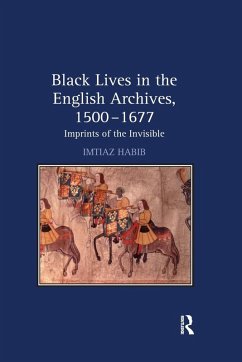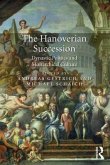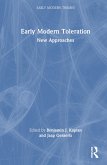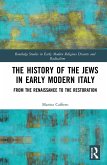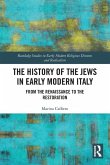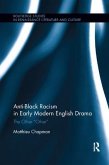Containing an urgently needed archival database of historical evidence, this volume includes both a consolidated presentation of the documentary records of black people in Tudor and Stuart England, and an interpretive narrative that confirms and significantly extends the insights of current theoretical excursus on race in early modern England. Here for the first time Imtiaz Habib collects the scattered references to black people-whether from Africa, India or America-in sixteenth- and seventeenth-century England, and arranges them into a systematic, chronological descriptive index. He offers an extended historical and theoretical interpretation of the records in six chapters, which serve as an introductory guide to the index even as they articulate a specific argument about the meaning of the records. Both the archival information and interpretive scholarship provide a strong framework from which future historical debates on race in early modern England can proceed.
'Imtiaz Habib's meticulous examination of English sources, both manuscript and printed, will profoundly reshape the ongoing arguments about "race" in sixteenth- and seventeenth-century England. For decades to come, scholars in many fields will gratefully mine Habib's chronological chart of 448 records of "black people" between 1500 and 1677 and debate his extensive analysis. Black Lives in the English Archives is a major contribution.' Alden T. Vaughan, Columbia University, USA '...A valuable reference for ethnic historians, archivists, and Anglophiles...Recommended.' Choice 'Imtiaz Habib has done us a great service by providing this accessible database of references to Africans, Indians and Americans in early modern England, some never published before.' Times Literary Supplement '[Habib's] book is a detailed and sophisticated study that makes a significant contribution towards filling the yawning gap in our knowledge, a gap that apparently we did not know was there. ...[an] important contribution to advancing historical understandings of race and colonialism in early modern England.' Parergon

